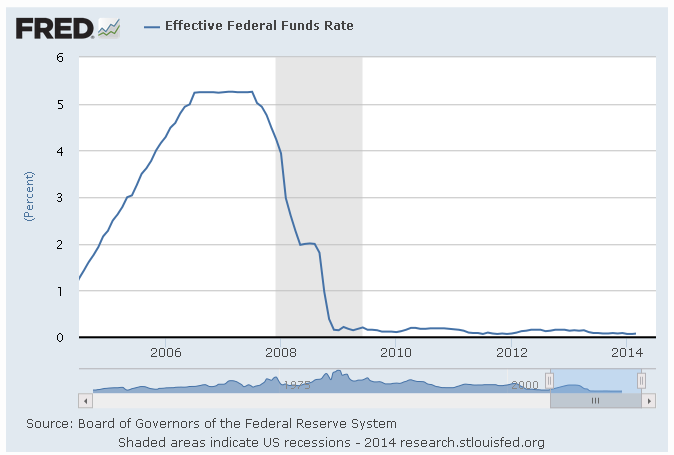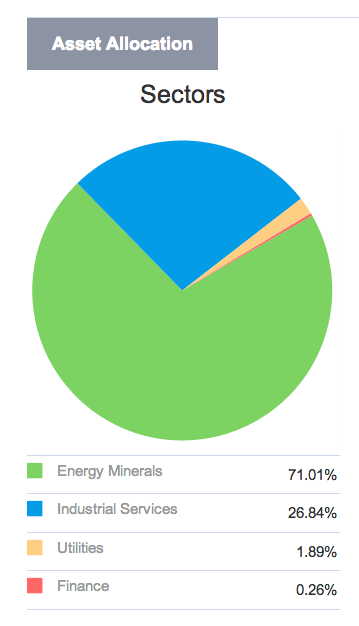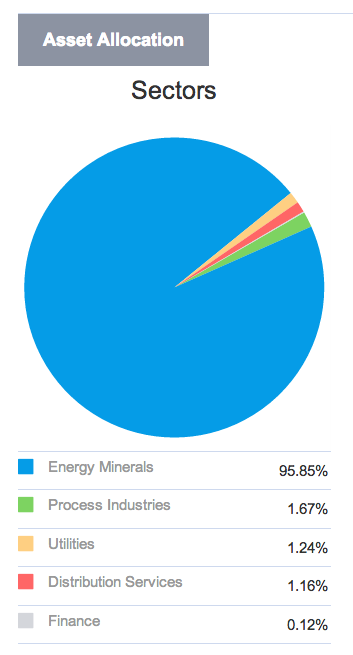Unless you have been living under a rock for the past few months, it is probably safe to assume that geopolitical concerns have migrated toward the top of the consideration list when contemplating investments. The recent conflicts flaring up in Ukraine, Israel-Gaza, and Iraq have created a queasy feeling of uncertainty in many circles throughout the globe, but all hope is not lost for investors.
If there is any bright side to these otherwise unpleasant situations, it could come by way of gains in the energy sector. One of the main concerns presented by analysts in regards to the political tensions is a disruption to the supply of energy commodities like Oil and Natural Gas. While that outcome could have dramatically negative effects on household balance sheets, the higher price of energy would undoubtedly bolster profit at those firms involved in its generation, distribution, and servicing.
Specifically regarding the bitter relations between Russia and Ukraine, sweeping sanctions from the United States that will limit American companies' involvement with Russia's energy sector could have a drastic stifling effect on global oil supply. Even more recently, Ukraine has responded to separatist uprisings, which it blames on Vladimir Putin's government, by threatening to cut off the Russian supply of oil and gas to Europe. This articledoes an excellent job of explaining that, although Ukraine purchases no natural resources from its rival to the north, the nation acts as a crucial conduit to the entire European region.
On a very similar note, the authorization of President Barack Obama to commence air strikes in Iraq stands to facilitate the same supply issues as the aforementioned altercation. This articlerefutes the stance of Kurdish officials that assets in the area are safe, as reports show two oil refineries and a dam being captured this week by fighters from the Islamic State of Iraq and Syria. Despite the immediate pullback of oil producer shares in the nation, prices for crude oil will irrefutably increase if the trend of losing refineries to militant groups continues.
Another major factor in determining the near-term fate of the energy sector is the state of monetary policy affairs, mostly in the U.S. and European Union. With accommodative interest rates presently in place (as demonstrated below), inaction would be the most desirable outcome for a sector as cyclical as energy. A number of analysts, such as Raymond James, have expressed the opinion that interest rates in the United States are going nowhere fast. Seemingly supporting this sentiment is the recent survey by the Federal Reserve itself showing that households in the nation remain under great financial pressure despite improvements in employment data.

On the other side of the pond, the European Central Bank recently announced that it would leave its benchmark interest rate at 0.15%. The central bank even went so far as to say, according to this BBC reportthat rates would stay artificially low “for an extended period of time in view of the current outlook for inflation”.
Now, let's get down to businesses. Accommodative monetary policy and a potential kink in the global oil pipeline set the stage for a long position on energy, but we first need to find a vehicle for the investment. Using CapitalCube's ETF screenerwe can narrow down our choices to liquid Energy ETFs with low expense ratios:

SPDR Energy Select Sector Fund (ARCA:XLE)
It should come as very little surprise when running this tried and true method of screening for sector-specific exchange-traded funds that a SPDR fund would filter toward the top of results. The Energy Select Sector SPDR Fund is absolutely massive with more than $11.5 billion in net assets, and the average daily volume of nearly 10 million shares leaves little to be desired in terms of liquidity.
It should be noted by investors looking for an energy sector ETF that this particular fund is very broad in scope, as shown below. The fund has more than a quarter of its total assets allocated to Industrial Services, which serves to diversify an investor's holdings. Diversification always completes its intended purpose of reducing overexposure, but be aware of this when choosing an ETF for a pure sector play.

SPDR S&P Oil & Gas Eq & Services (NYSE:XES)
The SPDR S&P Oil & Gas Exploration & Production fund similarly boasts many of its larger peer's coveted metrics, with net assets topping $1 billion. The ETF also sees nearly 4 million shares traded per day on average, which is less than half of its peer but still provides ample opportunity to any non-institutional investor.
The Oil & Gas Exploration & Production fund comes with the opposite disclaimer from the Energy Select Sector Fund. While the latter diversifies with a significant portion of assets, the former is extremely concentrated in Energy Minerals (as shown below). That simple fact could make the Oil & Gas Exploration & Production fund slightly more sensitive to the state of oil and gas supplies.

Disclaimer: The views and opinions expressed above are those of the author and do not necessarily reflect the views of CapitalCube.com, AnalytixInsight, Inc., its affiliates, or its employees.
